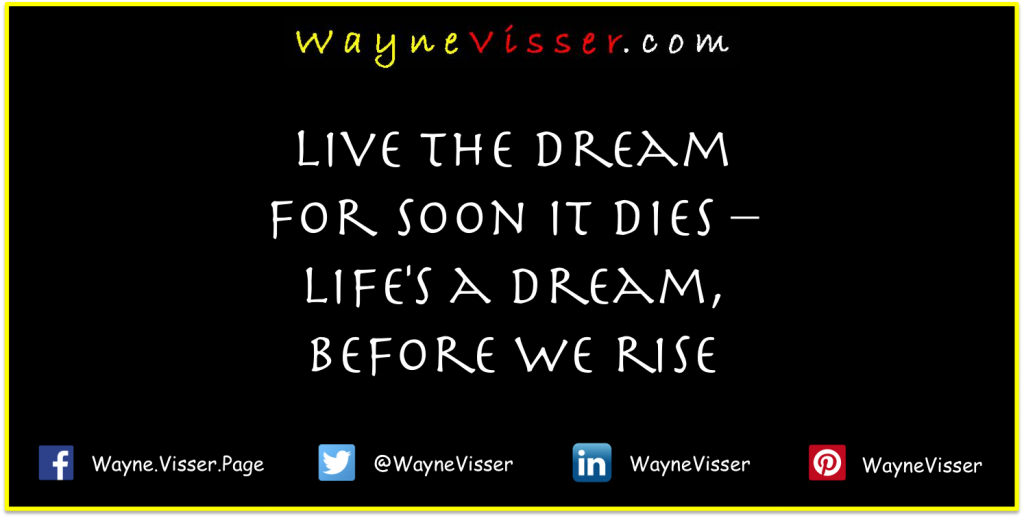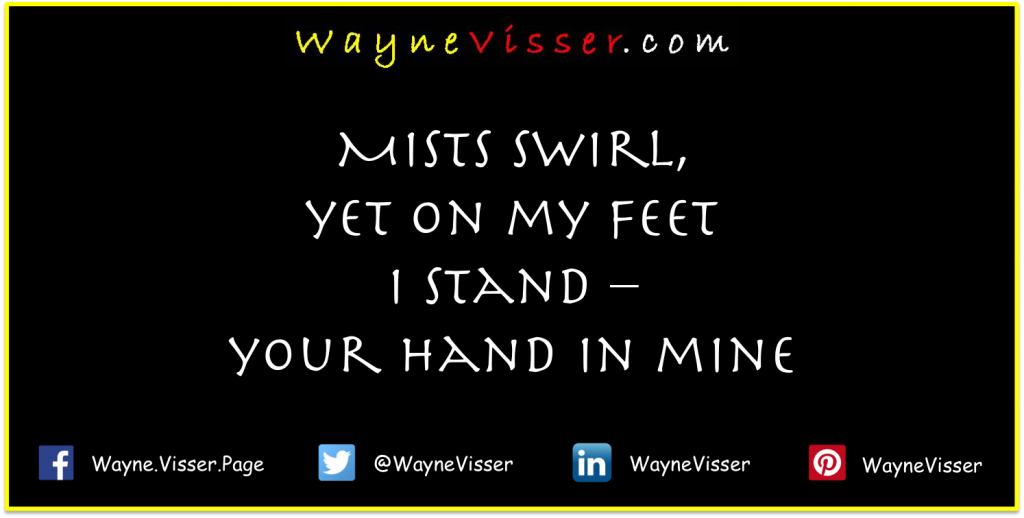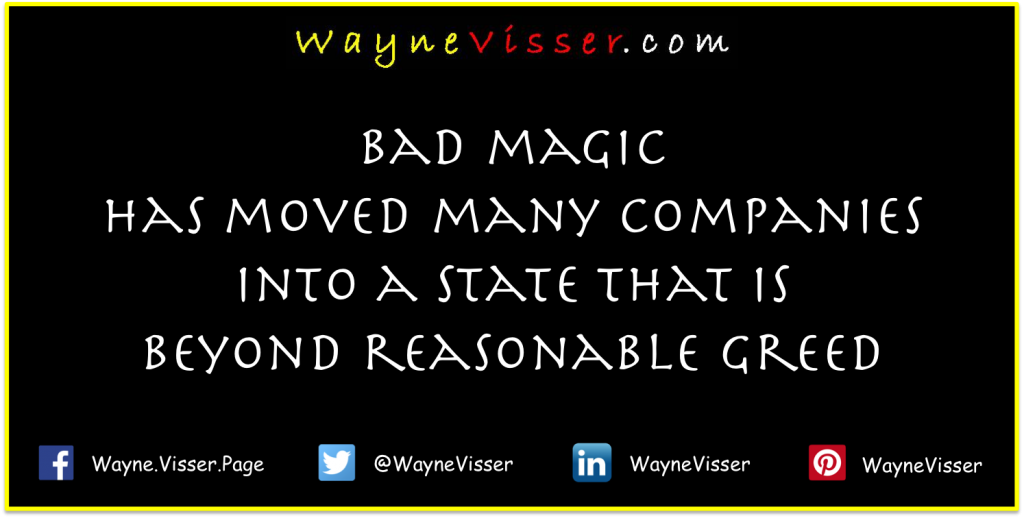The Business Poet – Chapter 6
On Marketing
Merlin took a sip of water and gazed around the room. He caught the eye of his Marketing Director, who was shifting slightly in his seat. Merlin raised his eyebrows, inviting him to share his thoughts. He stood and declared, somewhat defensively:
“Stakeholder engagement is all very well, but at the end of the day, we are a business. And if people don’t know about us, or our great products, we will soon by out of business. How do you see the role of Marketing?”
Merlin was aware that Marketing often got a bad rap these days. It was seen as pure spin. But he disagreed. Marketing was vital, if it was done right. He found his writing on the subject and spoke in reply:
“Marketing is the art of making music: skilfully played, it has the power to move all who hear its sweet melodies; badly recited, it offends the ear and renders the intended listener deaf.
“The secret of effective marketing is resonance.
“Communication becomes a symphony when the information echoes with the clear ring of truth and honesty, when the message reverberates with the rich tones of meaning and relevance, and when the medium combines to strike a harmonious chord of reach and direction.
“The curse of poor marketing is dissonance.
“Exaggerated claims jar with the reality of experience, monotonous repetition dulls the battered senses, and disingenuous tricks sound the alarm bells of suspicion.
“The wise marketer is the master of music, while the fool is the king of noise.
“The wise marketer is the student of pianissimo, while the fool knows only fortissimo.
“The wise marketer is the conductor of an orchestra, while the fool beats only his own drum.
“The true purpose of marketing is matching genuine needs with tailored services.
“The corrupted practice of marketing is associating coveted emotions with generic products.
“The grand masters of marketing are jazz musicians, adept in the art of listening, practiced in the skill of blending, refined in the intuition of creativity.
“The false prophets of marketing are paid pipers, playing on people’s dreams and desires, calling the tune to suit their own pockets, leading the innocent children away.
“The market is a lively place of songs, but beware: though some are music pure and true, many are designed to cast their spell.
“Beware of melodies sweet and alluring, for many are those who have met a rocky end with the mesmeric notes of sirens still singing in their ears.
“Beware of rhythms pounding with calls to impulsive action, for many before you have marched to their needless graves to the deadly beat of a drum.
“And beware of the fevered pitch of inspiring summons, for many have suffered under dictator kings heralded by the passionate salute of trumpets.
“The most exquisite music of marketing is pure silence, played on the precious instruments of quality and caring, resounding with crystal clarity up and down the scales of human trust.”











